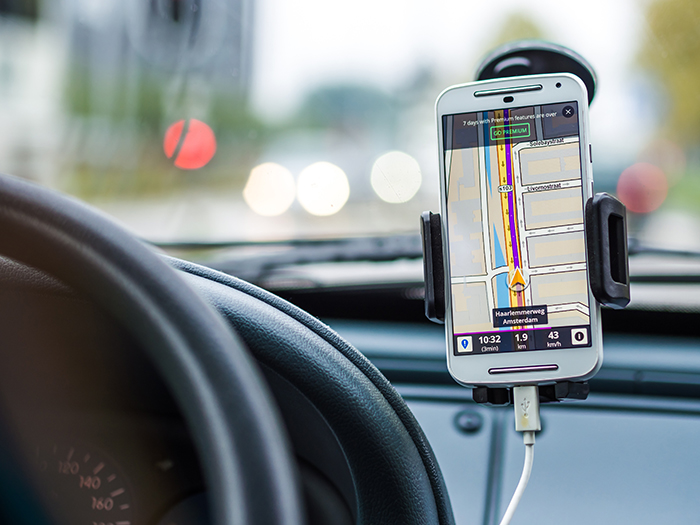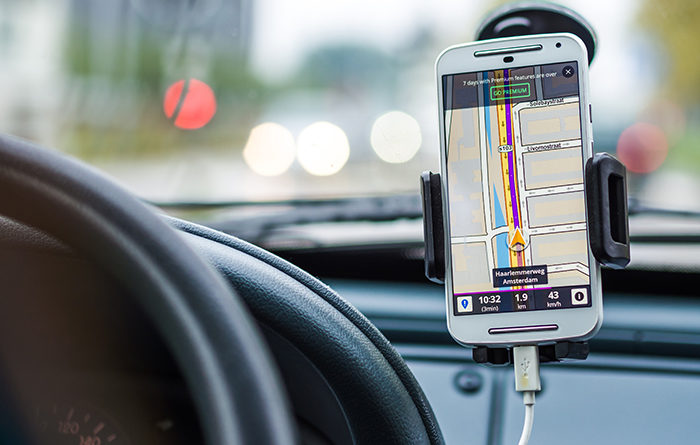Distracted Driving 101: Your Phone Is Still A Distraction, Even If You Aren’t Looking At It!
With newer technology helping to make drivers hands-free, that does not always means that distracted driving isn’t happening behind the wheel. You may not be looking directly at your phone while behind the wheel, but that doesn’t mean you aren’t still distracted.

Distracted Driving
Most people consider distracted driving is when someone takes their eyes off the road or their hands off the wheel. While that is true, FiveThirtyEight mentions that it is more than just those two things. A study showed that what your mind is doing at that same time is just as important. There are three requirements for driving: eyes on the road, hands on the wheel and mind on the task. Cell phone bans have attempted to keep the first two happening, but what about that mind?
Distractions Are Distractions
Newer vehicles are being equipped with a hands-free system, which is supposed to keep drivers from being distracted. However, that doesn’t actually solve the problem. David Strayer, a psychologist at the University of Utah, conducted research that showed this. In the study, drivers had some sort of “tunnel vision” when they were thinking of other things while driving.
Strayer said, “There’s something like 35 studies now trying to compare handheld to hands-free, and they find that you’re impaired with both. There really isn’t a safety advantage to one over the other.”
The Results
Strayer found that people drove more sluggishly and had delayed reaction times when they were talking on the phone. These people didn’t have the same impairments as the people in the study driving in a simulator while legally drunk. However, they were just as dangerous.
These results are based on research done using a driving simulator. However, Brian Johnston, a professor of pediatrics at the University of Washington and former editor-in-chief of the journal Injury Prevention stated that a Transportation Department study of real-life trucker data found that talking or listening on a handheld phone didn’t increase the likelihood of being in a crash or having a serious safety issue.
Another Situation
We have another study to compare the risks of distracted driving. Kyle Mathewson, an assistant professor of psychology at the University of Alberta, and his colleagues conducted an experiment using volunteers in four situations, all of them involving a simulator: someone driving alone, driving while talking on a hands-free phone system, driving while talking with a passenger who is also in the simulator, and driving while talking on the phone with a person who could view what the driver was seeing. Basically, conversations help when both parties know what is happening on the road. The experiment stated that the speakers naturally adapted their conversations to the driving — initiating discussions about traffic conditions and naturally pausing the conversation at moments when the driver needed to pay extra attention to the road.





You must log in to post a comment.